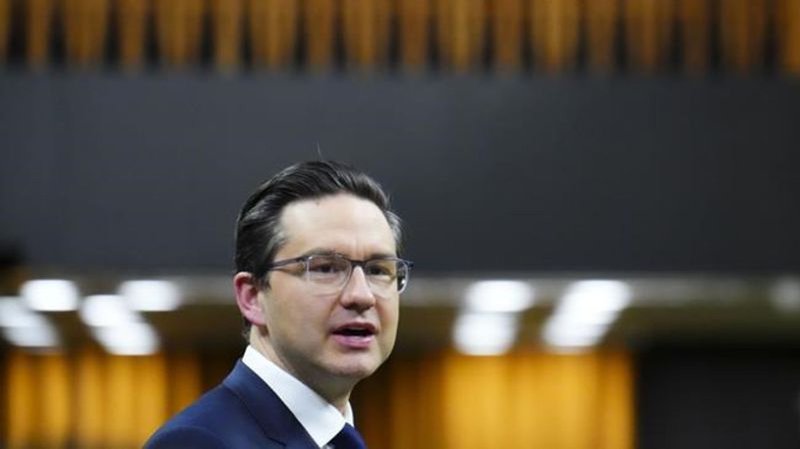
Pierre Poilievre thinks he can win over new Canadians. Here’s how he plans to do it.
OTTAWA — A young Pierre Poilievre sits in front of a room of Conservative faithful and explains their party’s strategy for winning a majority mandate.
That hasn’t happened yet. It’s 2009 and while the Tories have won two federal elections, they’ve remained in minority territory for three years.
“We will win a majority if we appeal to naturally conservative-inclined voters and get them out to vote, and we turn small-c conservative immigrants into big-C Conservative voters,” the MP says in a video posted to the website of the Cable Public Affairs Channel.
“That’s the formula.”

